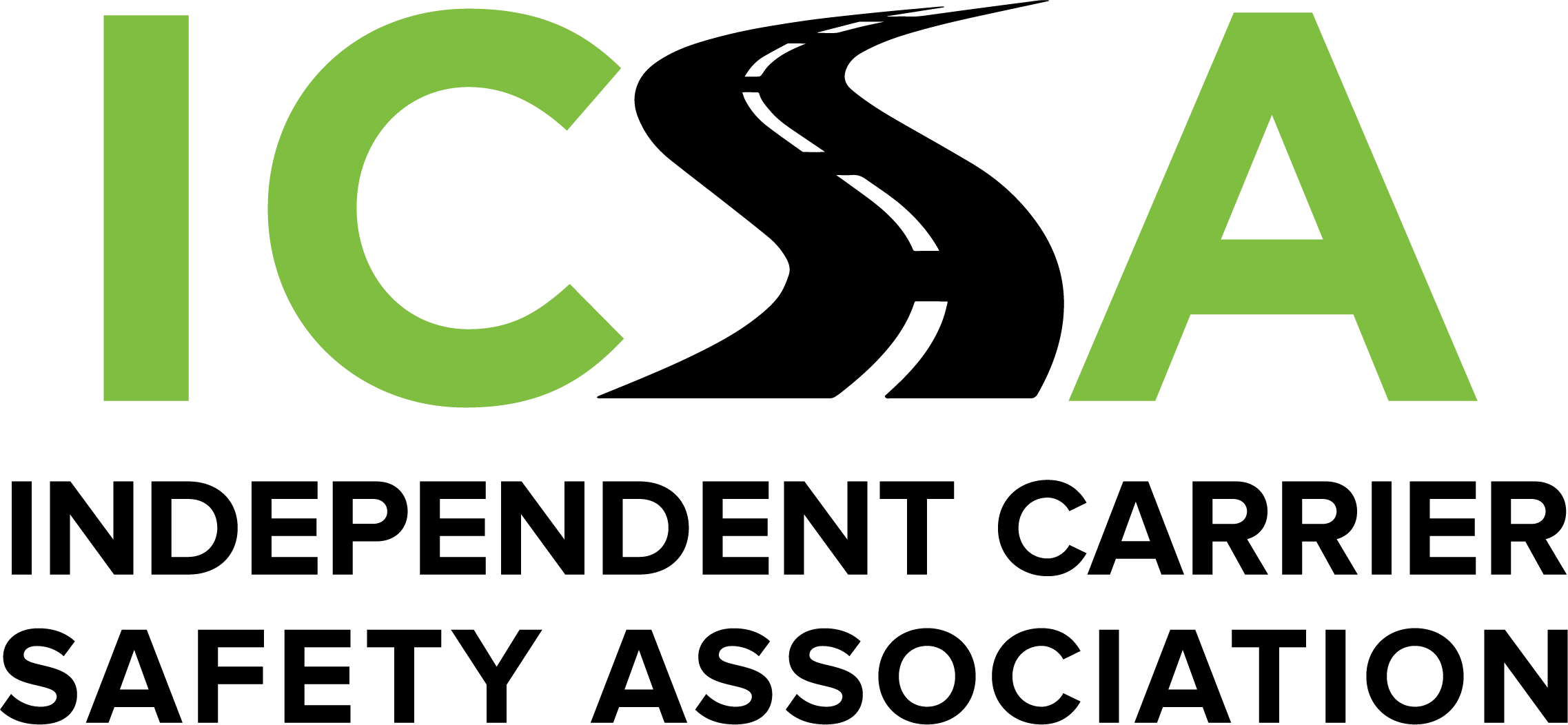For 44 years, FMCSA has required motor carriers to carry a minimum of $750,000 commercial auto liability insurance. Lately, though, the federal government and some states have been proposing that commercial vehicle operators hauling non-hazmat freight carry a higher level of insurance than the one that has been in existence since the deregulation of interstate trucking in 1980. Since that time, most states adopted the federal requirement. Some states, though, implemented higher limits for carriers operating in their states – mostly for intrastate carriers over whom FMCSA has no direct jurisdiction.
We can all agree that the operational costs of trucking today do not resemble those of 1980. The cost of almost all aspects of trucking has risen, including the cost of insurance to cover various aspects of carriers’ risk. The replacement cost of a truck, parts and labor to repair trucks, judgments levied after a crash, all these costs have increased dramatically. These costs impact all carriers but hit small truckers the hardest.
Without waiting for the federal government to act on truckers’ insurance requirements, the state of New Jersey has enacted legislation mandating that motor carriers must carry a minimum of $1.5 million in commercial auto liability insurance, doubling the federal $750,000 minimum standard. The new insurance threshold, which took effect July 1, applies to certain non-hazmat property-carrying commercial vehicles with gross vehicle weight ratings equal to or over 26,001 pounds. This applies to any new and renewal policies bound on and after 7/1/2024. But which carriers will have to carry the new limits to operate in New Jersey?
Truck insurance experts contacted by ICSA say that the law will be interpreted to apply to “all owners and registered owners” from New Jersey and for vehicles “principally garaged” in New Jersey. In speaking with legal experts, we found an ongoing debate as to whether the new limit applies to trucks with IRP and IFTA authority to operate in New Jersey. Currently it appears that the law will not apply to trucking companies from outside New Jersey even if they operate within NJ under IRP and IFTA credentials.
Motor carriers based in another state should be aware that any vehicle registered or garaged in NJ will need to be covered with the higher insurance minimum. If you don’t operate any miles in New Jersey, there is no need to worry – unless, like us, you’re concerned that other states may try to copy the NJ law and increase the insurance minimum.
Motor carriers that contract with independent contractors/aka owner-operators whose driver license and truck license are based in New Jersey will need to require their IC or O-O to comply with this requirement. A carrier based in Arizona, for example, who enters into an Independent Contractor Agreement whereby that truck and driver are operating under the overlying carrier’s DOT Number, would now be held to this NJ law and limit. The contractor’s Non-Trucking Liability Insurance, if required by your contract, also needs to be a minimum of $1.5 Million.
Some insurance companies are offering this higher limit for the Auto Liability (AL). Some companies may only provide $1 Million and then the carrier needs to purchase an “excess limits” or an “umbrella” policy that meets or exceeds $1.5 Million in total. For example, if a carrier has $1 Million AL, he or she can purchase $500,000 excess AL to meet the $1.5 Million total. A carrier can also purchase a broader “umbrella” policy to increase his or her limits over their general liability (GL) and employer liability (Workers Comp) too. It is common for carriers to purchase excess or umbrella coverage in increments of $1 Million limits as a risk management strategy to protect themselves from higher limits risks, demands, settlements and judgments.
It may be time for carriers to review their Independent Contractor Agreements and consider their operational practices. As your next insurance renewal comes around, your insurance underwriter may be asking some additional questions. We encourage you to go to safecarriers.org and obtain an insurance quote from our insurance partner. ICSA will continue to monitor this topic as challenges and cases will likely influence the way motor carriers and their insurance underwriters manage a higher insurance requirement going forward, as well as how New Jersey enforces the new requirement.

